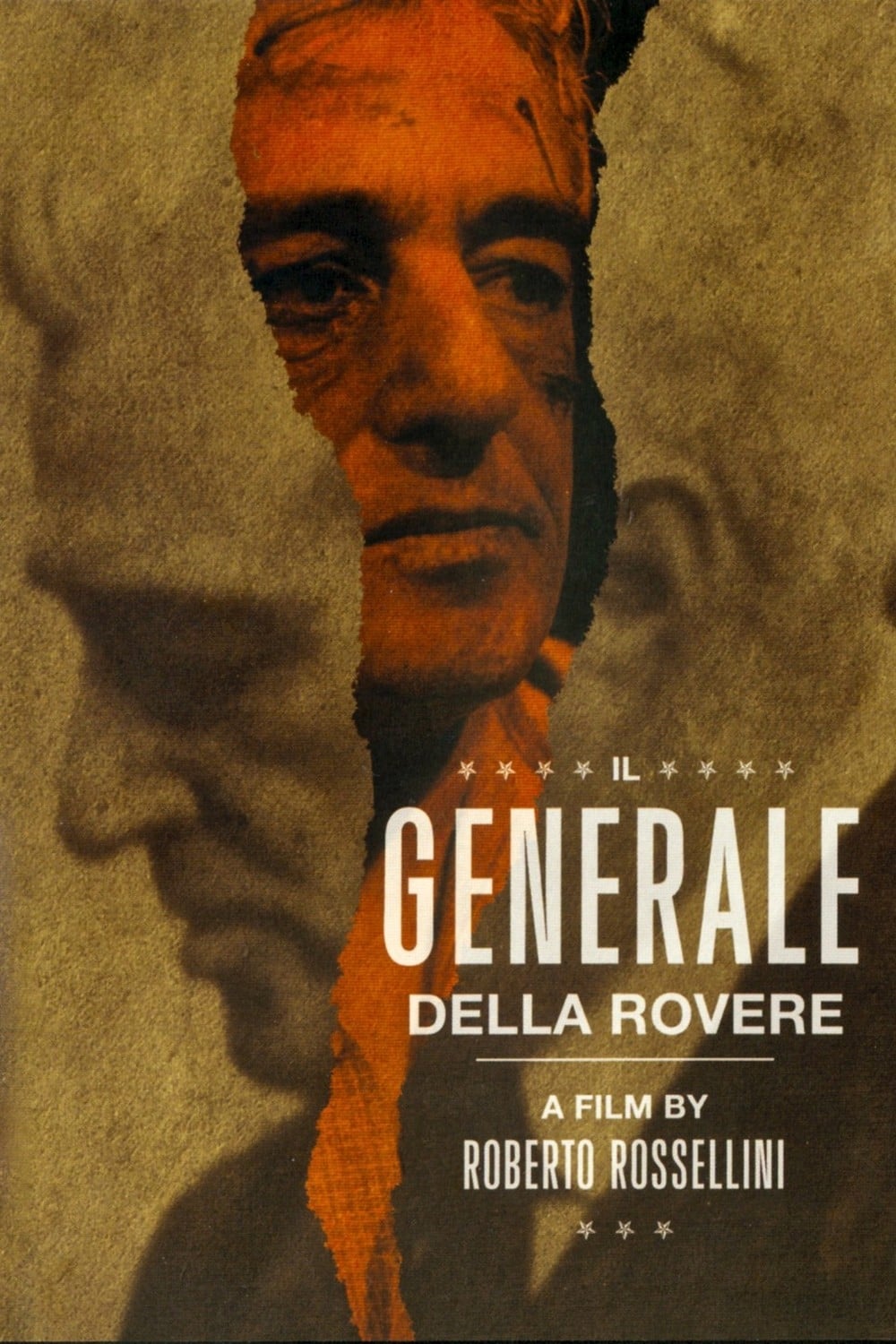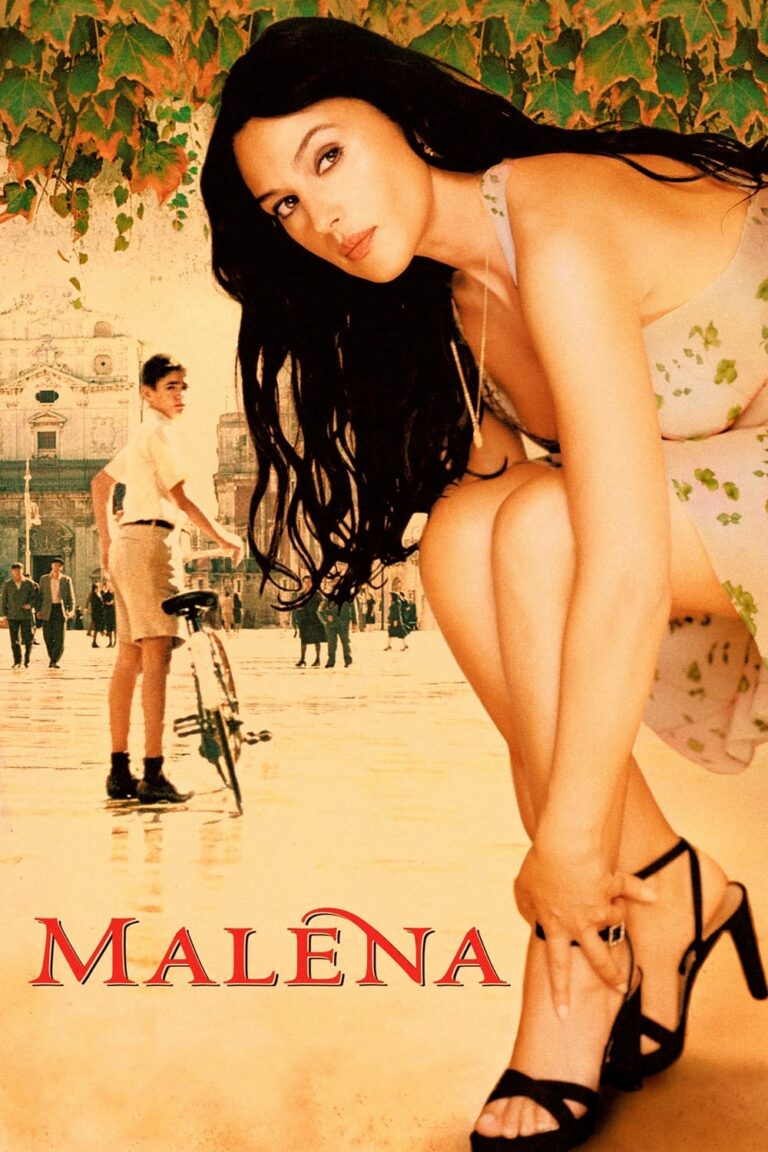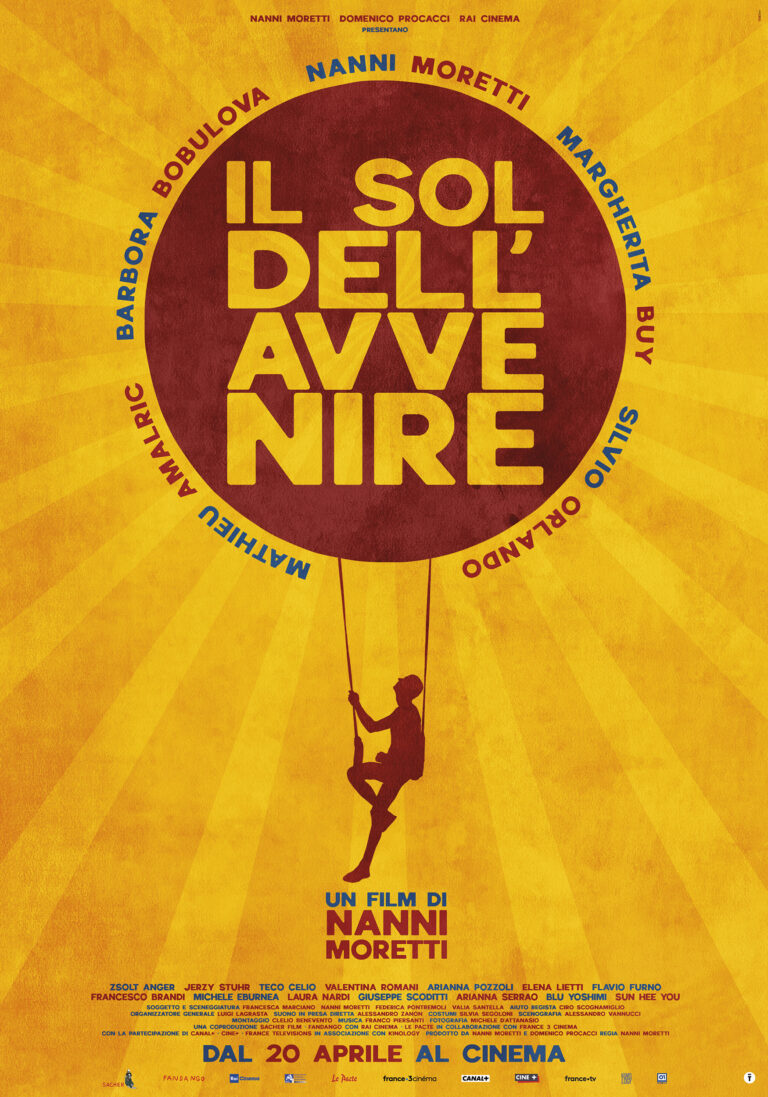
1. Introduction
Il Generale Della Rovere (General Della Rovere), directed by Roberto Rossellini and released in 1959, is an Italian war drama that masterfully explores themes of identity, redemption, and the moral complexities of human nature. Based on a true story and adapted from a novella by Indro Montanelli, the film is set in Nazi-occupied Italy during World War II.
Starring Vittorio De Sica in one of his most celebrated roles, Il Generale Della Rovere examines the transformation of a petty conman into an unlikely hero. The film’s poignant narrative, combined with Rossellini’s neorealist roots, offers a deeply humanistic portrayal of courage and sacrifice in the face of oppression.
2. Plot Summary
Setting the Stage
The film takes place in 1944, during the German occupation of Northern Italy. Emanuele Bardone (Vittorio De Sica) is a small-time swindler and gambler who lives off the desperation of others. Posing as a go-between for prisoners and their families, Bardone collects money by promising to help secure the release of loved ones from Nazi captivity—a promise he rarely fulfills.
A Dangerous Deception
Bardone’s luck runs out when he is arrested by the Nazis and offered a chilling deal by Colonel Müller (Hannes Messemer): to avoid execution, Bardone must assume the identity of a captured Italian resistance leader, General Della Rovere. His mission is to infiltrate a prison filled with resistance members and uncover their secrets.
A Gradual Transformation
As Bardone adopts the role of General Della Rovere, he initially approaches it as another con. However, the respect and admiration he receives from the prisoners begin to affect him. Surrounded by the bravery and selflessness of the resistance fighters, Bardone is inspired to reevaluate his own life and moral choices.
The Final Act of Redemption
In a profound twist of fate, Bardone’s act becomes more than mere performance. When faced with the opportunity to betray the resistance, he chooses honor over self-preservation. His ultimate sacrifice solidifies his transformation into a true hero, blurring the lines between the man he was and the man he pretended to be.
3. Themes Explored in Il Generale Della Rovere
Identity and Transformation
The film’s central theme revolves around identity. Bardone begins as a conman, but through his assumed role as General Della Rovere, he undergoes a transformation, becoming the embodiment of courage and integrity. The narrative raises profound questions about the nature of identity: can a person truly change, or are they merely playing a role?
Redemption and Sacrifice
At its heart, Il Generale Della Rovere is a story of redemption. Bardone’s journey from selfish opportunist to selfless martyr highlights the capacity for personal growth and moral awakening, even in the most unlikely individuals.
Courage in the Face of Oppression
The film pays tribute to the resilience of the human spirit during times of war. Through Bardone and the resistance members, Rossellini portrays the profound courage of ordinary people who risk everything for their beliefs and their country.
The Moral Ambiguities of War
Rossellini’s nuanced storytelling avoids simplistic moral binaries. Both Bardone and Colonel Müller are depicted as complex, flawed individuals, reflecting the moral ambiguities of war and human behavior.
4. Character Analysis
Emanuele Bardone/General Della Rovere (Vittorio De Sica)
Bardone is one of the most compelling antiheroes in cinematic history. Initially driven by greed and self-preservation, his journey into the role of General Della Rovere awakens a latent sense of honor and decency. Vittorio De Sica delivers a tour de force performance, capturing Bardone’s gradual transformation with subtlety and depth.
Colonel Müller (Hannes Messemer)
Müller is both a ruthless Nazi officer and a pragmatic strategist. While his actions are undeniably cruel, he is portrayed as a man driven by duty rather than sadism. Müller’s interactions with Bardone add layers of tension and complexity to the narrative.
The Resistance Prisoners
The resistance members serve as a moral compass for Bardone. Their unwavering bravery and solidarity in the face of torture and death inspire Bardone’s ultimate redemption, symbolizing the collective resilience of the Italian people during the war.
5. Roberto Rossellini’s Vision
Roberto Rossellini, one of the founding fathers of Italian neorealism, brings his signature humanistic approach to Il Generale Della Rovere. While the film departs from the strict realism of his earlier works like Rome, Open City (1945), it retains the neorealist focus on ordinary people and moral dilemmas.
Rossellini’s direction emphasizes emotional authenticity over spectacle. By focusing on the internal journey of his protagonist, he crafts a film that is both intimate and universal. The use of minimalistic settings, combined with a restrained yet powerful narrative, underscores the psychological and moral depth of the story.
6. Cinematic Techniques
Cinematography
The black-and-white cinematography by Carlo Carlini enhances the film’s somber and reflective tone. The stark lighting and shadowy compositions evoke the tension and uncertainty of life under occupation.
Set Design
The film’s prison setting becomes a microcosm of wartime Italy. The claustrophobic spaces heighten the emotional intensity, reflecting the characters’ physical and psychological confinement.
Music
Piero Piccioni’s haunting score complements the film’s themes of loss, sacrifice, and redemption. The music underscores key moments without overpowering the narrative, allowing the characters’ emotions to take center stage.
7. Reception and Legacy
Critical Reception
Il Generale Della Rovere was met with widespread acclaim upon its release, earning the Golden Lion at the 1959 Venice Film Festival. Critics praised Rossellini’s direction and De Sica’s performance, calling the film a powerful meditation on morality and transformation.
Awards
In addition to the Golden Lion, the film was nominated for an Academy Award for Best Original Screenplay, further cementing its status as a classic of Italian cinema.
Legacy
Il Generale Della Rovere remains one of Rossellini’s most celebrated works, often regarded as a bridge between his neorealist roots and his later historical films. Its exploration of identity and morality continues to resonate with contemporary audiences, making it a timeless masterpiece.
8. Symbolism in Il Generale Della Rovere
The Prison
The prison symbolizes both literal and metaphorical confinement. For Bardone, it becomes a place of transformation, where he is forced to confront his true self.
The Role of the General
Bardone’s assumption of General Della Rovere’s identity represents the duality of human nature. The role allows him to transcend his flaws and become something greater than himself.
The Resistance
The resistance fighters symbolize the collective spirit of defiance against oppression. Their courage inspires Bardone’s redemption, showing the power of unity and sacrifice in the face of tyranny.
9. Frequently Asked Questions (FAQs)
1. Is Il Generale Della Rovere based on a true story?
Yes, the film is based on a true story as recounted in Indro Montanelli’s novella. While certain elements are fictionalized, the central premise of a conman impersonating a resistance leader is rooted in historical events.
2. What themes does the film explore?
The film delves into themes of identity, redemption, courage, and the moral complexities of war. It examines how individuals can rise above their flaws when faced with extraordinary circumstances.
3. How does Il Generale Della Rovere reflect Rossellini’s neorealist roots?
While the film incorporates a more structured narrative than Rossellini’s earlier neorealist works, it retains a focus on ordinary people, emotional authenticity, and moral dilemmas, hallmarks of the neorealist tradition.
4. What makes Vittorio De Sica’s performance so acclaimed?
De Sica’s portrayal of Bardone captures the character’s complexity, transitioning seamlessly from opportunistic conman to a man of honor. His performance brings depth and humanity to the role, making Bardone’s transformation deeply affecting.
5. Where can I watch Il Generale Della Rovere?
The film is available on DVD and Blu-ray, often as part of collections of classic Italian cinema. It can also be streamed on platforms specializing in arthouse and international films.
10. Conclusion
Il Generale Della Rovere is a profound and moving exploration of identity, redemption, and the human capacity for change. Roberto Rossellini’s masterful direction and Vittorio De Sica’s unforgettable performance combine to create a timeless cinematic experience. As relevant today as it was in 1959, the film serves as a reminder of the resilience of the human spirit and the possibility of redemption, even in the darkest of times.





